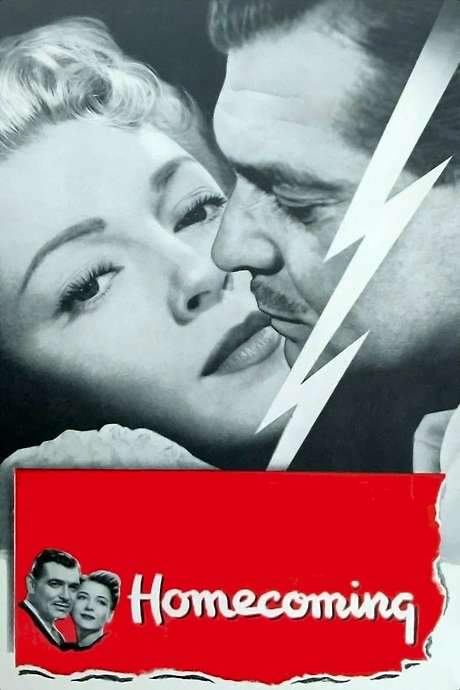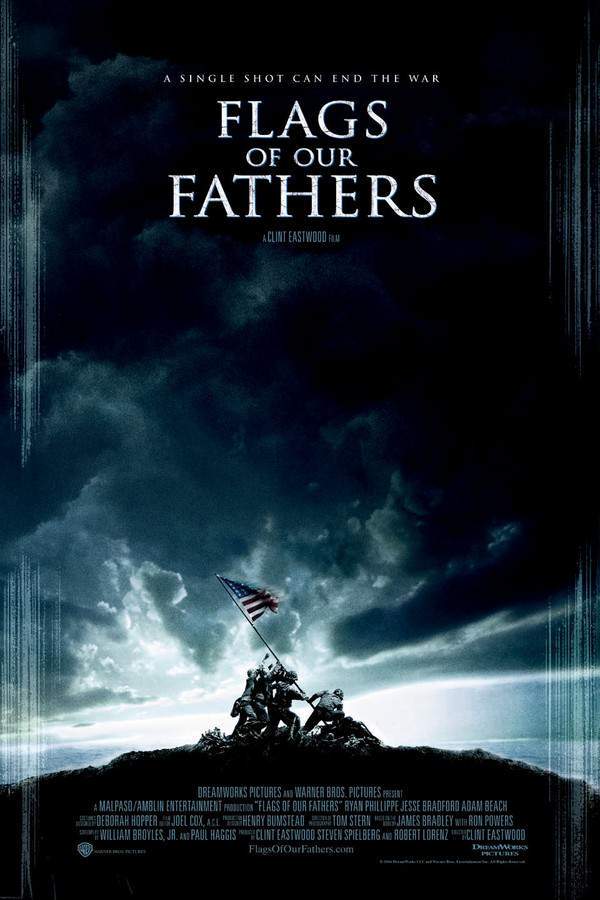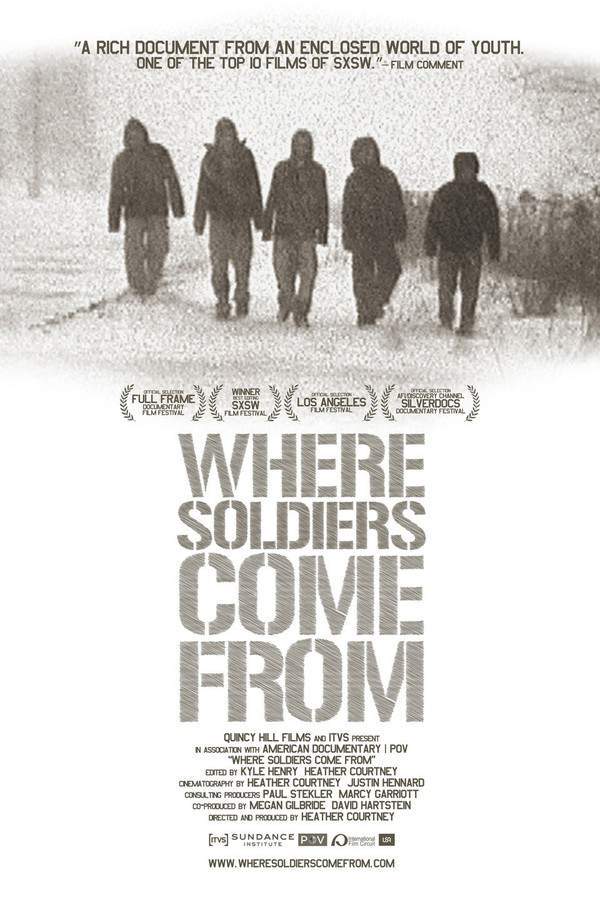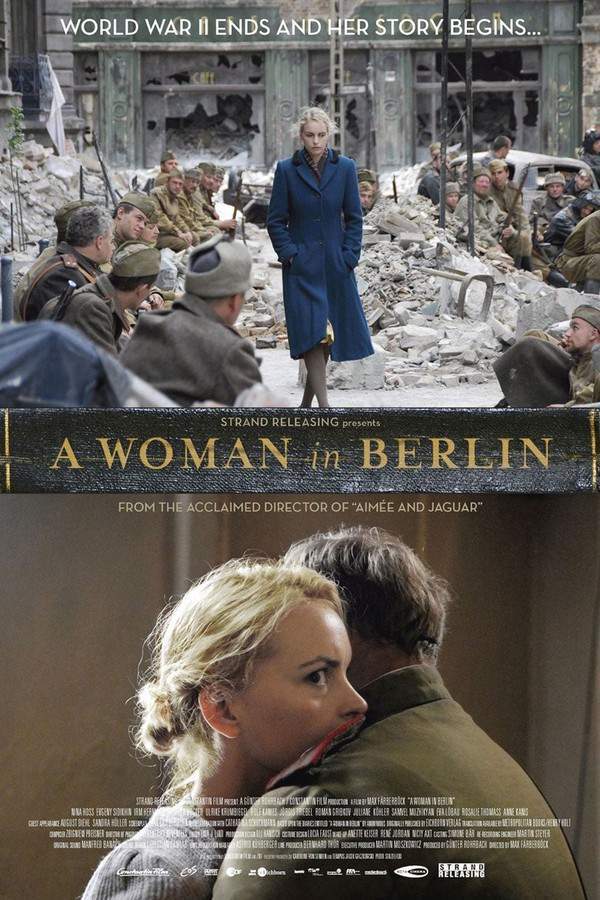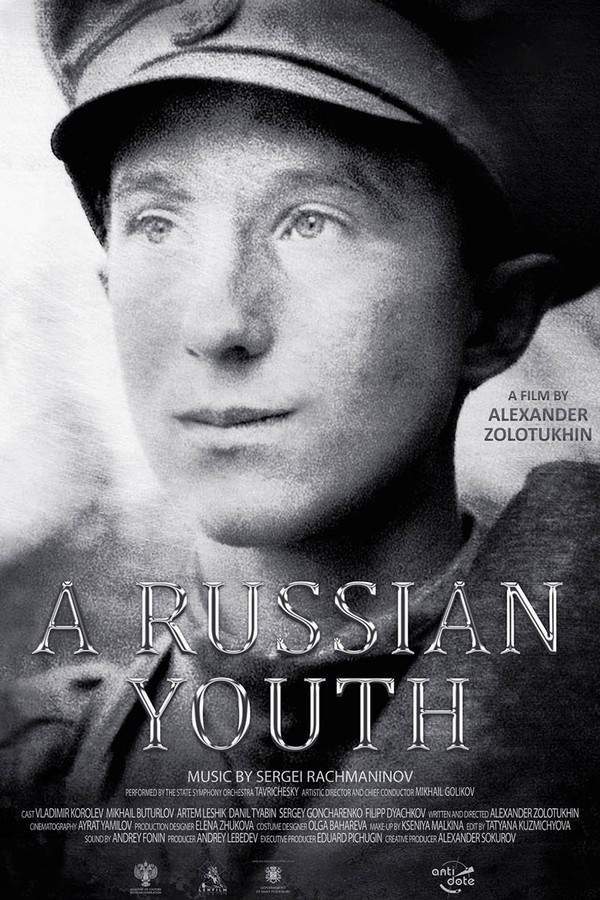
I Was Nineteen
Year: 1968
Runtime: 115 mins
Language: German
Director: Konrad Wolf
A young Soviet soldier crosses into Germany with the Red Army at the end of World II, yet feels like a stranger in his own land. Meeting German civilians deepens his ambivalence, forcing him to see himself as both victor and vanquished. His curiosity drives him to confront the lies and atrocities he discovers along the way.
Warning: spoilers below!
Haven’t seen I Was Nineteen yet? This summary contains major spoilers. Bookmark the page, watch the movie, and come back for the full breakdown. If you're ready, scroll on and relive the story!
I Was Nineteen (1968) – Full Plot Summary & Ending Explained
Read the complete plot breakdown of I Was Nineteen (1968), including all key story events, major twists, and the ending explained in detail. Discover what really happened—and what it all means.
On 16 April 1945, Gregor Hecker and his small squad follow in the wake of the 48th Army’s westward advance from Brandenburg through the Oder River. This is the first time the young Soviet officer has returned to his homeland since he and his parents immigrated to Moscow when he was eight years old. He returns to his homeland as a stranger.
They arrive in Bernau, which is under occupation by Soviet armored personnel, where Hecker is quickly named commandant of the city. With the help of a handful of people, he tries to bring about order by establishing the authority of the Communist Party. Hecker’s department finds living accommodations for the staff. They then come across a surprised German Army Inspectorate. The German Etappenmajor Behring wants to surrender to the Soviet forces properly, but his phone call to his superiors is believed to be a prank call.
In Sachsenhausen, Sascha Ziganjuk and Hecker meet their leader, Wadim Gejman. He is trying to save a German soldier from revenge of a Soviet soldier, who was just freed from a concentration camp. However Gejman cannot save the German soldier from being shot, which he hears as they make their way back towards the camp. In the camp, Hecker and other Soviet officers are shown by a former prisoner the full extent of Nazi atrocities, through the examples of the gas chambers and the Genickschussanlage.
On 30 April 1945, Wadim Gejman receives the order to negotiate the handover of the Spandau Citadel and takes Hecker along as an interpreter. Together, they go before the barricaded gate of the defended fortress. The fortress commander, Colonel Lewerenz, and his adjutant climb down a rope ladder to them. While the other officers in the fortress debate the surrender, Lewerenz explains the German officers’ code of honor. When Gejman is soon notified that the Fortress refuses to surrender, he asks to be taken to speak directly with the officers. Gejman and Hecker are allowed to climb together with the Germans into the fortress.
As Gejman tries to impress upon the German officers the hopelessness of their situation, another situation develops elsewhere within the fortress. An SS-Obersturmbannführer honors a Hitler Youth who destroyed a tank and shot one of its crew with a medal. The SS man is then prevented by the adjutant from shooting the parliamentarians and using the opportunity to flee.
On the 1st of May, after the success at Spandau, the good-humored driver Dsingis detours the slalom around wrecked trucks on the empty Autobahn. In one of the destroyed vans, Hecker meets a blind German Army soldier, Klaus Manchen, who mistakes him for a German. Despite the man’s serious injury, he is hopeful about the future, not knowing that the Russians have already crossed the border.
That evening, a May Day celebration is held. A drunk Hecker falls from a ledge, and imagines hearing his mother’s voice, berating him for doing everything too early, including smoking and drinking schnaps. Later, he watches an outburst of emotion from one of the liberated German communists, who loudly supports that all the Nazis should be hanged. The General placates him by saying that revenge is not the best advisor.
The next day, they head back to Spandau to support headquarters. On the way, Hecker and his companions bring along two of the communists. One is instated as mayor in an abandoned place. The other talks with Hecker until they go their separate ways at a checkpoint.
Everything is beginning to feel normal, however this feeling is deceptive. German troops break out of the Berlin basin and, disguised as Soviet units, try to go west. Hecker and his comrades barely escape a surprise attack.
They settle down near a small river crossing and use loudspeakers to try and convince German soldiers to stand down. It is unsuccessful at first, but Hecker soon manages to convince a few to surrender. Soon, they have a large number of prisoners.
Hecker finds a kindred spirit in Willi Lommer, a German non-commissioned officer from Berlin. When marauding SS troops attack the group of prisoners, Lommer takes up arms with the Soviets. Soon, the SS troops withdraw, but Ziganjuk has fallen. Hecker, full of anger and pain, shouts at the fleeing SS troops through the loudspeakers.
Before the German prisoners are transported away, Lommer hands Hecker a letter for his family. Hecker promises to deliver it.
Last Updated: October 09, 2025 at 12:31
Explore Movie Threads
Discover curated groups of movies connected by mood, themes, and story style. Browse collections built around emotion, atmosphere, and narrative focus to easily find films that match what you feel like watching right now.
Movies about alienating homecomings like I Was Nineteen
Stories of soldiers returning to a homeland that has become a foreign land.If you were moved by the moral and emotional dislocation in I Was Nineteen, explore these similar films. This collection features stories of soldiers and survivors returning to a changed homeland, facing complex questions of identity, victory, and belonging, much like the journey in this powerful war drama.
Narrative Summary
Narratives in this thread typically follow a protagonist returning to a place of origin after a conflict or long absence. The journey is not one of simple triumph, but of encountering a world transformed by war, where the lines between victor and vanquished blur, forcing a re-evaluation of personal and national identity.
Why These Movies?
These movies are grouped by their shared focus on the psychological and moral complexities of homecoming. They share a melancholic, reflective tone, a steady pacing that allows for introspection, and a heavy emotional weight derived from confronting the ambiguous aftermath of conflict.
War films about weary victors similar to I Was Nineteen
War stories seen through the eyes of disillusioned and exhausted conquerors.For viewers who appreciated the perspective of the war-weary Soviet soldier in I Was Nineteen, this list features other movies about disillusioned victors. These films share a focus on the heavy emotional and moral cost of winning, offering a somber, thoughtful alternative to triumphalist war narratives.
Narrative Summary
The narrative pattern involves a protagonist serving in a victorious army, yet feeling no sense of triumph. The story unfolds through episodic encounters that reveal the grim realities of war—atrocities, propaganda, and the suffering of civilians—leading to a deepening sense of alienation and a bittersweet or bleak conclusion.
Why These Movies?
These films are connected by their unique vantage point: the victor who feels like a vanquished soul. They share a high intensity, a melancholic and somber tone, and a heavy emotional weight driven by themes of moral ambiguity and the psychological scars of conflict, rather than action-oriented heroism.
Unlock the Full Story of I Was Nineteen
Don't stop at just watching — explore I Was Nineteen in full detail. From the complete plot summary and scene-by-scene timeline to character breakdowns, thematic analysis, and a deep dive into the ending — every page helps you truly understand what I Was Nineteen is all about. Plus, discover what's next after the movie.
I Was Nineteen Timeline
Track the full timeline of I Was Nineteen with every major event arranged chronologically. Perfect for decoding non-linear storytelling, flashbacks, or parallel narratives with a clear scene-by-scene breakdown.

Characters, Settings & Themes in I Was Nineteen
Discover the characters, locations, and core themes that shape I Was Nineteen. Get insights into symbolic elements, setting significance, and deeper narrative meaning — ideal for thematic analysis and movie breakdowns.

I Was Nineteen Spoiler-Free Summary
Get a quick, spoiler-free overview of I Was Nineteen that covers the main plot points and key details without revealing any major twists or spoilers. Perfect for those who want to know what to expect before diving in.

More About I Was Nineteen
Visit What's After the Movie to explore more about I Was Nineteen: box office results, cast and crew info, production details, post-credit scenes, and external links — all in one place for movie fans and researchers.

Similar Movies to I Was Nineteen
Discover movies like I Was Nineteen that share similar genres, themes, and storytelling elements. Whether you’re drawn to the atmosphere, character arcs, or plot structure, these curated recommendations will help you explore more films you’ll love.
Explore More About Movie I Was Nineteen
I Was Nineteen (1968) Scene-by-Scene Movie Timeline
I Was Nineteen (1968) Movie Characters, Themes & Settings
I Was Nineteen (1968) Spoiler-Free Summary & Key Flow
Movies Like I Was Nineteen – Similar Titles You’ll Enjoy
A Woman in Berlin (2009) Movie Recap & Themes
A Russian Youth (2020) Plot Summary & Ending Explained
As Far As My Feet Will Carry Me (2001) Ending Explained & Film Insights
A Russian Youth (2019) Full Summary & Key Details
An die Grenze (2007) Detailed Story Recap
Germany, Year Zero (1948) Film Overview & Timeline
The Russians Are Coming (1968) Detailed Story Recap
I Promise (1994) Full Movie Breakdown
No Way Back (1953) Ending Explained & Film Insights
The Fair (1960) Full Summary & Key Details
Three Comrades (1938) Ending Explained & Film Insights
I Am Twenty (1965) Movie Recap & Themes
Fate of a Man (1959) Full Summary & Key Details
Playing Soldiers (1967) Spoiler-Packed Plot Recap
I Am (2009) Story Summary & Characters












